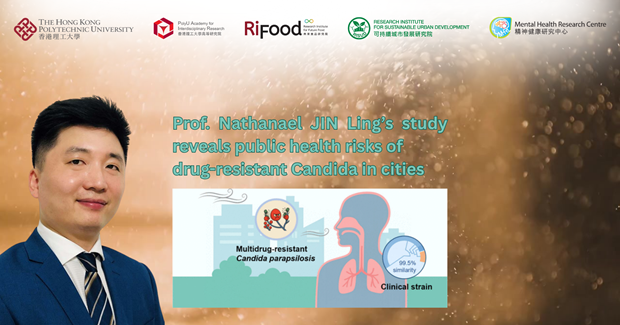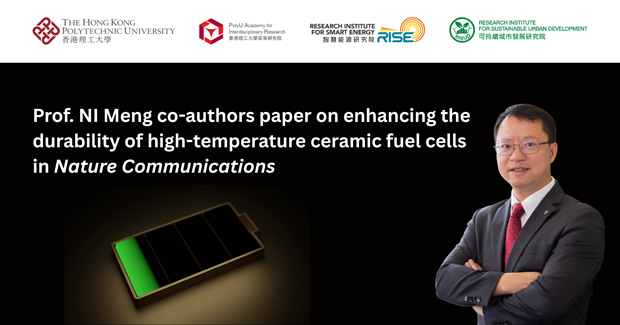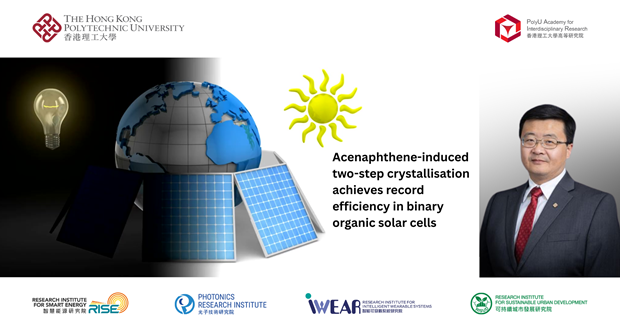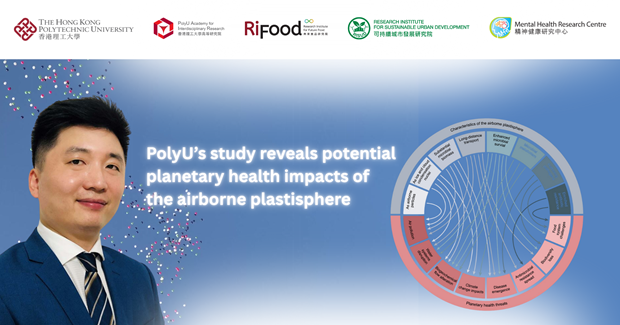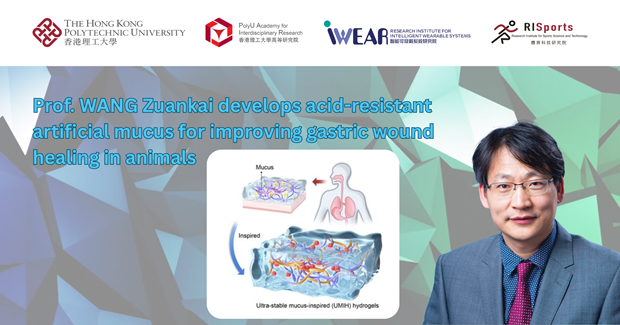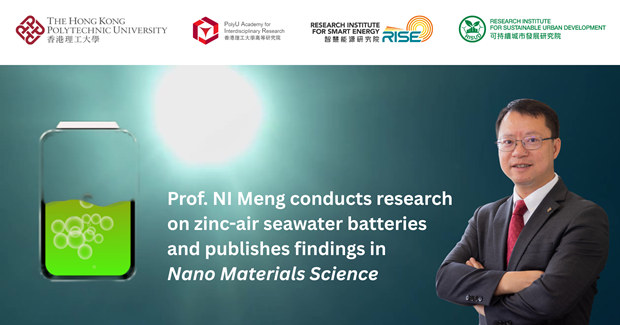A research team led by Prof. WU Yin, Associate Professor of the PolyU Department of Applied Social Sciences and Member of the Mental Health Research Centre (MHRC), has conducted interdisciplinary research to uncover the neurocognitive correlates of testosterone in the brain function of young men, and their impact on social behaviour. The findings provide valuable insights into potential applications of testosterone therapy in clinical and mental healthcare.
Their first study focused on the impact of testosterone on socio-economic behaviour. The researchers combined pharmacological manipulation and functional magnetic resonance imaging (fMRI) to discover how testosterone influences generosity and the underlying neural mechanisms. Findings revealed that exogenous testosterone administration reduced generosity, particularly when interacting with more distant others. Additionally, the fMRI results showed that higher testosterone levels are linked to reduced neural activity in the temporoparietal junction (TPJ), an upper brain region associated with social cognition. The team suggested that testosterone may reduce concern for others’ welfare at the neural level by dampening activity in the TPJ, highlighting a correlation between increased testosterone levels, and selfishness and reduced empathy in economic decision-making.
In another related study, the team explored the link between state self-esteem (SSE), a momentary sense of self-worth and perceived social status, and testosterone levels. The team found that testosterone administration can boost SSE updating and alleviate aberrant behaviours linked to psychiatric conditions such as anxiety, depression, eating disorders and schizophrenia. The research indicated that a single dose of testosterone can positively influence SSE, particularly in positive social environments. It is suggested that future clinical practice consider combining exogenous testosterone with behavioural interventions that foster supportive environments and social feedback to enhance SSE as a potential pre-clinical treatment for relevant aberrant behaviours and clinical symptoms.
The two studies have been published in the Proceedings of the National Academy of Sciencesand the Biological Psychiatry: Cognitive Neuroscience and Neuroimaging, respectively. In recognition of his excellent research, Prof. Wu has been honoured with the Second-class Award under the 9th Higher Education Outstanding Scientific Research Output Awards (Humanities and Social Sciences) by the Ministry of Education of China.
Press release: https://polyu.hk/rzWbp
Online coverage:
TVB – https://polyu.me/4m2LXYa (00:49 - 01:22) (Chinese only)
CRHK – https://polyu.me/4lcj8Y7 (2025-08-05 part 3; 16:44 - 19:09; subscription required) (Chinese only)
| Research Units | PolyU Academy for Interdisciplinary Research |
|---|
You may also like






